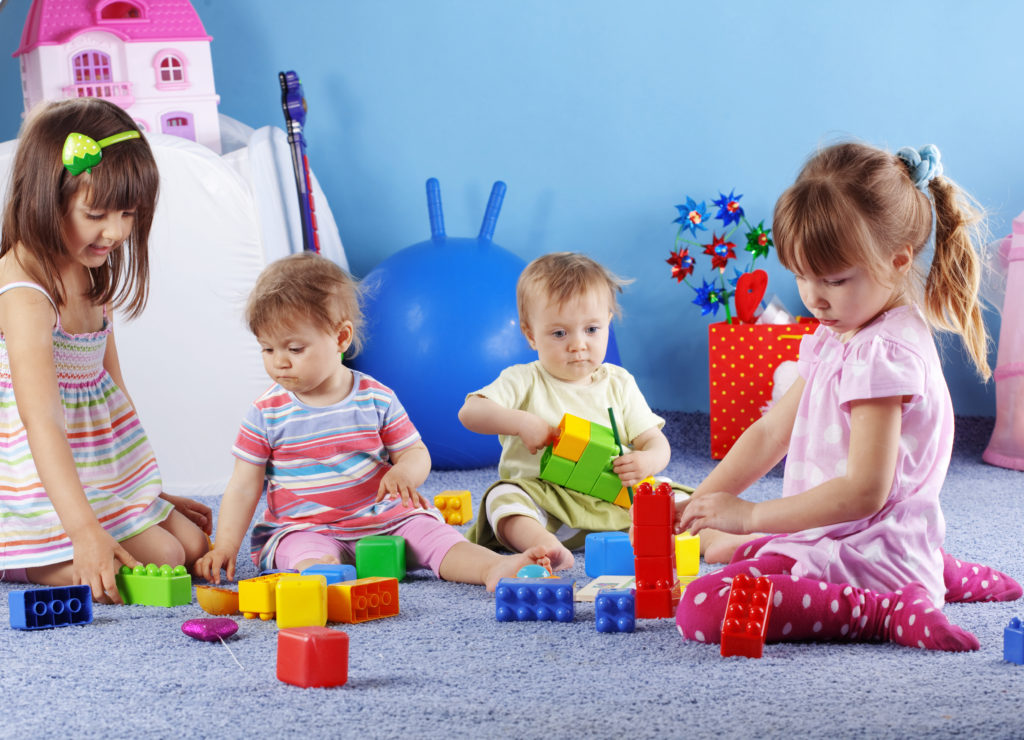Developmental Milestones – Parents Guide
What are developmental milestones?
Developmental milestones are a series of tasks, behaviors, and skills that an infant or child should be able to perform by a certain age. Some of the most significant developmental milestones include smiling, waving, crawling, walking, and speaking.
Developmental milestone guides are used to track and monitor a child’s growth and development to ensure they are developing in line with their age. They are also used to understand if a delay in development may be the sign or symptom of something more serious affecting a child’s development.
Several factors might affect if and how a child meets certain developmental milestones – including their environment, health conditions, and/or being born prematurely.
Children develop at different rates. A child not meeting one or two developmental milestones by a set age is usually within the normal range of child development. But understanding how and when not meeting milestones might signal a more significant issue is essential in ensuring children receive the necessary support to aid their development.
The five main stages of child development
- Newborn (0-3 months): developmental milestones in this period of development include responding to external stimuli ( a toy or a parent), crying to express a need (hunger), being able to turn their head from side to side.
- Infant (3 months-18 months): head control is a significant milestone at the start of this stage, with development progressing to being able to sit unassisted, to crawling and standing without assistance.
- Toddler (18 months-3 years): at this stage, a child would be expected to walk independently and develop their ability to jump. They will also show their comprehension of simple instructions and begin to develop their speech and language skills.
- Preschool (3-6 years): during this period, children will start to hone their fine motor skills, including writing and drawing skills. They will also begin to be more independent in terms of dressing themselves and completing other self-help skills.
- School Age (6 years-12 years): interaction with their peers and being increasingly independent are key milestones at these ages.
During each stage of their development, your child should undergo several developmental screenings with a healthcare professional. These screenings should include asking your child to complete a series of developmentally appropriate tasks to assess their development. These screenings will also involve asking you, as the parents, questions about what your child is capable of doing.
Once a child starts preschool and later school, specific behaviors or failures to meet expected milestones in terms of behavior and learning expectations may also be flagged by teachers and educators.
Types of developmental milestones
- Cognitive. These are skills involving learning, as well as thinking and problem-solving. Some examples of basic cognitive skills include being able to point to named body parts, build a tower from blocks, and understand what different objects are used for.
- Communication. This includes comprehension (being able to follow instructions, showing an interest in images), and using sounds and eventually words to communicate.
- Physical. This includes gross and fine motor skills, from crawling and walking to using the pincer grip and manipulating objects of different sizes.
- Social and Emotional. This includes how a child interacts with others both within and outside the family.
When should I be concerned about my child not making developmental milestones?
Early intervention is the key to helping children with developmental delay or suspected delayed development. Understanding the milestones your child should be meeting and where they might not be meeting them is essential in assisting them in reaching those milestones eventually.
If you have any concerns about your child not meeting milestones at any stage of their development, the first place to start is by raising your concerns with your child’s primary medical caregiver. This may be your physician, or it may be at a well-baby/child clinic.
Sometimes, not meeting developmental milestones may be a symptom of a rare disease or genetic syndrome. In this instance, genetic counseling and analysis may be recommended to rule out or identify a specific cause.
To learn more about the developmental milestones for each stage of child development, we recommend the guidelines set by the CDC. In order to prevent any delays in development, it is important to talk with a genetic counselor to gain more information about rare genetic conditions including Glass syndrome and others.








